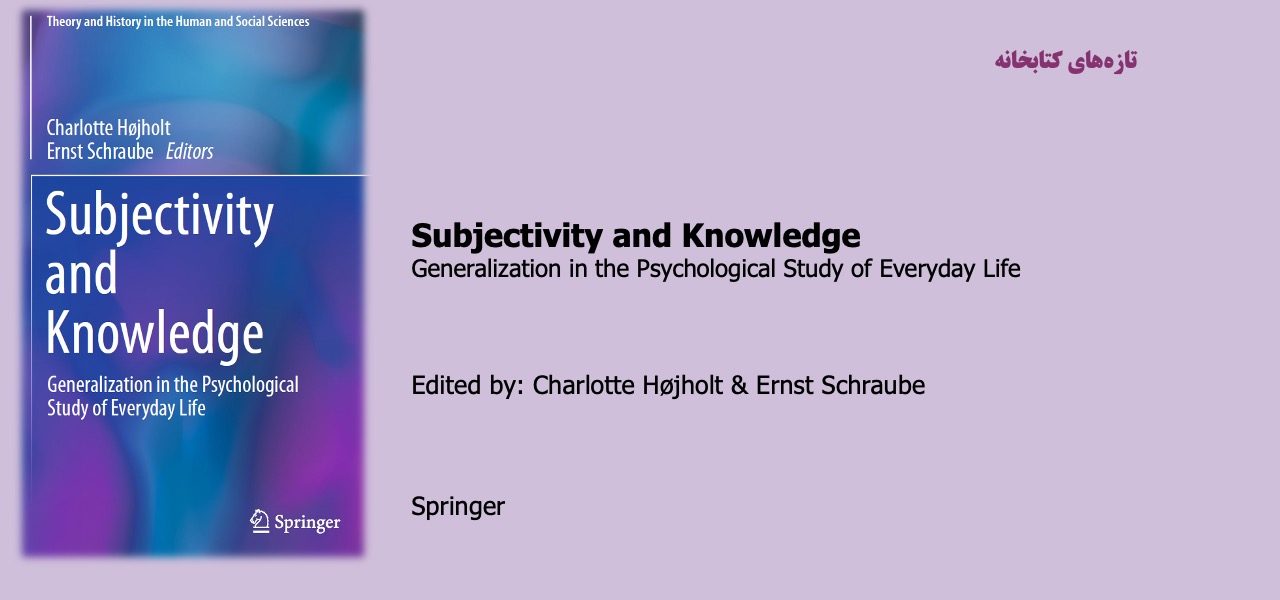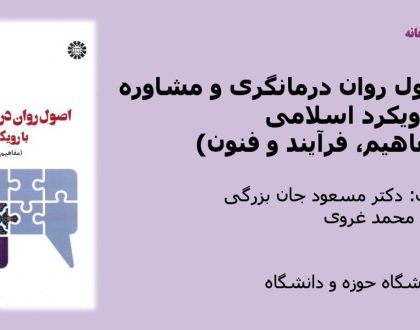Subjectivity and Knowledge

Generalization in the Psychological Study of Everyday Life
This book—Subjectivity and Knowledge: Generalization in the Psychological Study of Everyday Life—is an important milestone in the theoretical advancement of the social sciences in our twenty-first century. Its editors—Charlotte Højholt and Ernst Schraube—have brought together a critical mass of scholars who collectively bring the need to consider the focus on generalization remain central for science and social practices. The volume leads to cardinal rethinking generalization in psychological theory, methodology, and research practice. The very core of the psychological science is open to new questions.
The questions are many. How to get in touch and explore general connections between various areas of knowledge on the basis of the situated, partial, and contextual character of psychological phenomena? What is the role of critique in the processes of generalization? How to develop analytical concepts and strategies which help us to conceive psychological phenomena as processes and movements, and how does the development of psychological knowledge involve transformations of everyday practice? We create new solutions—in technology, in our ways of living in the environment, and in our thinking of it all—all the time. Technological innovations become not only helpful for living but turn into essentials of our human living.
Anybody who has forgotten to take one’s cellular phone along leaving home and feels that one’s self is denied access to the latest Facebook news can testify about the paradoxical takeover of the human psyche by a small technological device— albeit through the meaning construction processes of the proud owner of that trivial communication aid.
مطالب مرتبط

اصول روان درمانگری و مشاوره با رویکرد اسلامی (مفاهیم، فرآیند و فنون)
۲۶ / بهمن / ۱۴۰۳

آموزش مهارت نوشتن از منظر شناختی
۲۶ / بهمن / ۱۴۰۳


